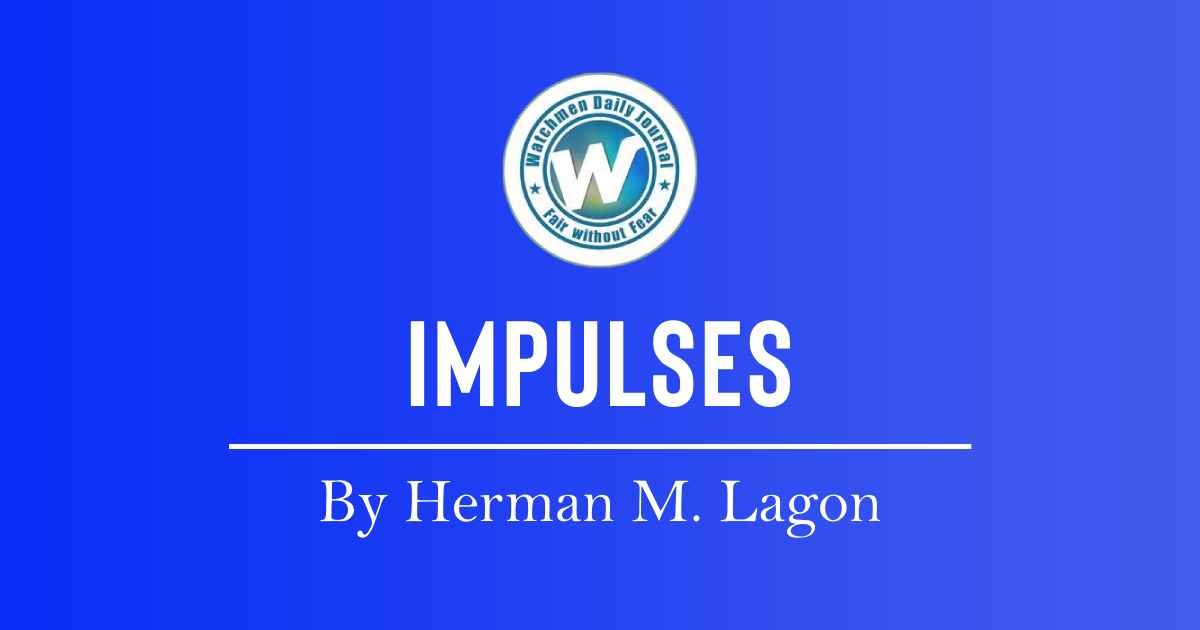
By Herman M. Lagon
Sometimes, all it takes is a “like” to light up a conversation — or, for a while, to land a government worker in trouble. The recent clarification by the Civil Service Commission (CSC) on its Memorandum Circular No. 3, series of 2025 has sparked a welcome breath of reason in an age where one errant click could be misread as a political statement.
On April 10, CSC Commissioner Ariel Ronquillo clarified that government employees may like, share, comment, or repost election-related content on social media, provided it does not actively solicit support for or against a candidate or party. A small change, some might say. But in the larger landscape of free expression and civic engagement, it is a meaningful and necessary step.
To put this in context, we need to revisit what the initial memo looked like to many: a digital gag order. The wording was strict enough that even a single “like” on a candidate’s post was painted as partisan. For a country where social media is not just a pastime but the primary venue for civic discussion — with over 86 million, even more, Filipinos on Facebook alone — this felt not only restrictive but tone-deaf. Therefore, the clarification is not a retreat but a recalibration. It reminds civil servants that while their duty demands neutrality, it should not demand silence.
This distinction matters. Representative Zia Alonto Adiong rightly said, “It is just but proper and prudent for a civil servant not to campaign, but something as simple as liking a post — that to me is too punitive.” His sentiment resonates with those of us in education, where forming informed opinions and engaging in public discourse are not threats but virtues. Students, especially in senior high schools and state universities, are taught not just to consume facts but to weigh, question and contribute. It would be ironic if those who serve the public were the first to be stripped of that capacity.
Commissioner Ronquillo’s clarification echoes what former lawmaker Ferdinand Gaite pointed out: Section 29 of the Civil Service Act of 1959 prohibits direct or indirect partisan activity, yes, but it also affirms the right of civil servants to express views on political issues. This clause has been buried too often beneath sweeping interpretations.
Justice Marvic Leonen, in his lone dissent on the Cybercrime Law, once warned against allowing outdated laws to chill modern conversations — especially in online spaces where expression is both personal and political. By revisiting this in today’s digital landscape, the CSC acknowledges that civil service and civil liberty do not have to conflict.
Of course, the line between expression and partisanship remains delicate. A “like,” “share,” “comment,” or “re-post” may be just a reaction for some, but for others, it can carry endorsement. That is where prudence — not panic — should guide policy. At its best, the CSC memo seeks to draw that line thoughtfully. But as with all lines, its effectiveness lies in clarity. And clarity, thankfully, is what the recent statement by CSC tries to offer. It is a reminder that rules need not be rewritten in fear but refined in good faith.
There is a growing need for nuance in our democratic institutions. Social media is not a monolith but a spectrum of voices, jokes, rants, flexes, reflections, and sometimes even truths. Punishing all engagement as political endorsement is not prudence. It is laziness. More so, it invites self-censorship among civil servants who are also citizens — with personal histories, concerns and stakes in national affairs. When they are silenced, the country loses valuable feedback and insight.
The pandemic taught us many things, including that the essential is not always the loudest. Teachers taught via Facebook Messenger. Nurses posted about PPE shortages. LGU staff used TikTok to inform. If these same people are told to limit their political expressions because a “like” or a “share” is too risky, we risk building a government of apathetics or ghosts — present in function but absent in voice. That is not democracy. That is bureaucracy at its blandest.
This is why CSC’s clarification deserves not only praise but also participation. We, too, must reflect. Just because we can like and share does not mean we always should. The measure of wisdom is not in the breadth of our liberty but in how we use it. The digital world rewards impulse, but service calls for intent. Let us not forget that. Let civil servants remain apolitical in power, but not absent in thought. The Constitution, after all, guards both order and freedom, not one at the cost of the other.
In a time when social media has become our virtual plaza, the right to engage should be protected with care, not policed with fear. The CSC has shown that it is willing to listen, evolve and draw lines where they matter. That, in itself, is public service. A little more listening, a little more balance, and yes — even a little more liking, sharing, commenting, or reposting — might just make democracy stronger than ever.
***
Doc H calls himself a “student of and for life” and, like many others, wants a life-giving, why-driven world dedicated to social justice and happiness. His views may not reflect those of his employers or associates./WDJ

